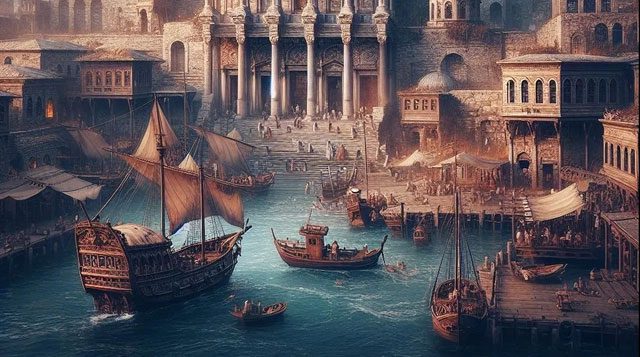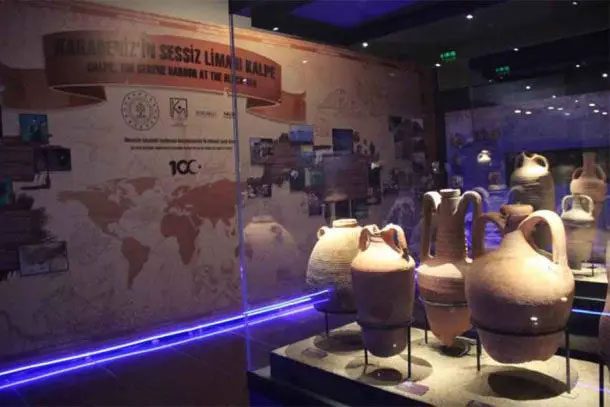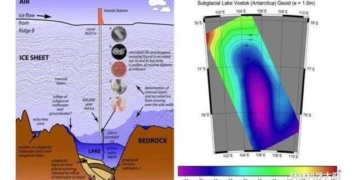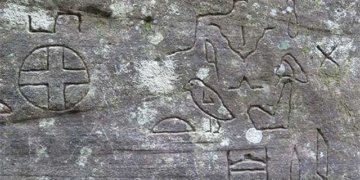The first underwater excavation in the Black Sea has revealed the remnants of Kerpe, a prosperous port throughout the Roman, Byzantine, and Genoese periods.
According to Ancient Origins, the excavation of the Kerpe site in the Black Sea began in 2020, and so far, archaeologists have gathered a rich collection of artifacts, revealing the vibrant life at one of the most important ports of antiquity.
This trading port is associated with an ancient town where a team of archaeologists from the Kocaeli Museum (Turkey) discovered artifacts dating back up to 2,400 years.

A bustling port that has existed through multiple empires in the Black Sea region of Turkey – (Graphic image).
Kerpe thrived during the Roman, Byzantine, and Genoese periods, serving as a familiar stop for ships in the ancient Black Sea.
According to an article in the archaeological journal Anatolian Archaeology, the Kerpe port was also a vital trading hub for supplying wood and fuel to Istanbul during the Ottoman Empire.
Regrettably, after 1,500 years of activity, this port has sunk beneath the waves.

Some artifacts from Kerpe displayed at the museum – (Photo: Kocaeli Museum).
To access the remnants of Kerpe, the excavation team dove to a site approximately 80 km off the Turkish coast, at a depth of 4 meters, where artifacts are scattered over an area of about 2,000 m2, including two sections of the ancient dock.
“We believe that the port is extremely valuable in emphasizing the trade relationships between the East and West from antiquity to the Ottoman period in the Black Sea,” the archaeologists stated in a press release.
Artifacts from ancient Kerpe will be showcased in an exhibition titled: “The Silent Port of the Black Sea: Kalpe.” Here, the bay of Kalpe is how the ancient people referred to the Black Sea.
The exhibition will include a range of artifacts representing the lives of the people and the trade activities in the area, featuring extremely valuable relics such as amphorae dating back to the 4th century BC, red-glazed pottery, and shipwreck remains…




















































